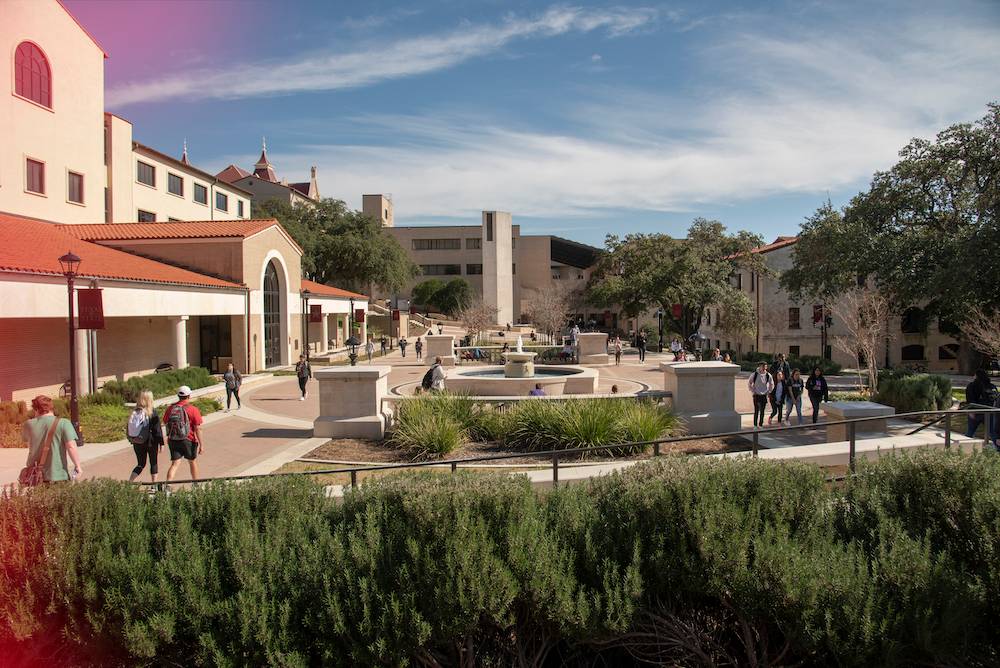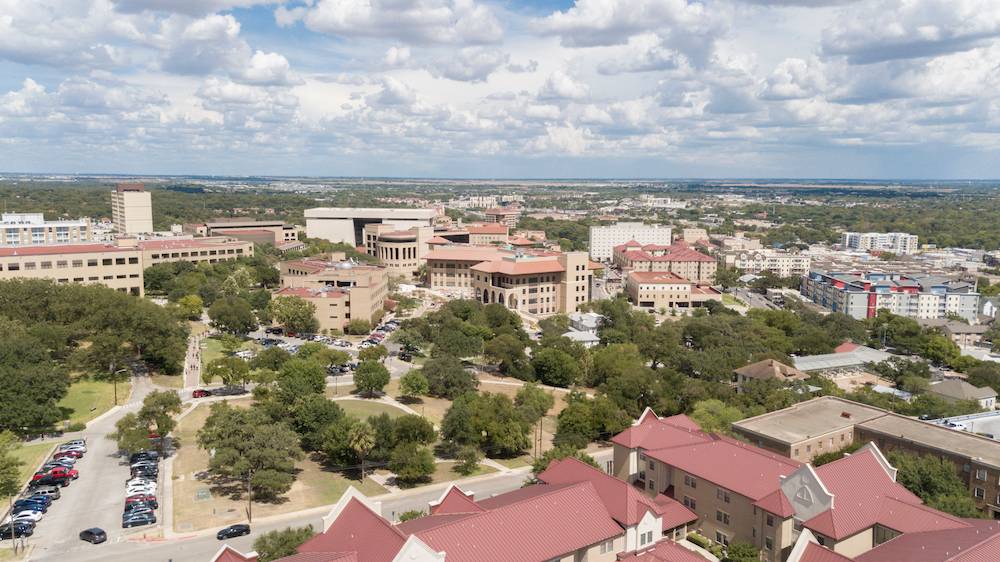Biography and education
I completed my undergraduate (BS) in Biology at the University of Arizona in 1994. In 1996, I completed my MS in Biological Sciences at Illinois State University. I received my PhD in Biological Sciences in 2002 from the University of Nebraska-Lincoln.
In 2002, I began a postdoctoral position at Texas State University and held a lecturer position at the University of Texas-Austin. In 2005 I was hired as a Senior Lecturer at Texas State University. In 2024, I was transitioned to the position of professor of instruction.
In 2002, I began a postdoctoral position at Texas State University and held a lecturer position at the University of Texas-Austin. In 2005 I was hired as a Senior Lecturer at Texas State University. In 2024, I was transitioned to the position of professor of instruction.
Teaching Interests
Research Interests
Featured grants
- Aspbury, Andrea, Gabor, Dr. C.R., Nice, Dr. C. The Maintenance of Unisexuality: Behavior, Hormones and Genetics in a Unisexual-Bisexual Mating System, National Science Foundation, Federal, $350000. (Funded: 2010 - 2013). Grant.
- Aspbury, Andrea. Catalytic Research Grant, Biology Leadership Conference, Private / Foundation / Corporate, $5000. (Funded: 2013). Grant.
- Aspbury, Andrea, Gabor, Dr. C.R., Nice, Dr. C.C. REU Supplement, National Science Foundation, Federal, $6000. (Funded: 2013). Grant.
- Aspbury, Andrea, Gabor, Dr. C.R., Nice, Dr. C.C. REU Supplement, National Science Foundation, Federal, $6000. (Funded: 2012). Grant.
- Aspbury, Andrea, Gabor, Dr. C.R., Nice, Dr. C.C. REU Supplement, National Science Foundation, Federal, $6000. (Funded: 2011). Grant.

Featured scholarly/creative works
- Irwin, K. B., Aspbury, A., Bonner, T. H., & Gabor, C. (2024). Habitat structural complexity predicts cognitive performance and behaviour in western mosquitofish. Biology Letters, 20(7), 20230394.
- Barough, S. P. H., Suárez-Rodriguez, Monserrat, Aspbury, A., Zúñiga-Vega, José Jaime, & Gabor, C. (2024). Hormonal dynamics of matrotrophy vs. lecithotrophy in live-bearing fish reproduction. Comparative Biochemistry and Physiology Part A: Molecular \& Integrative Physiology, 296, 111699.
- Lopez, S. G., Aspbury, A., Fritts, S. R., Tidwell, T. L. R., & Bonner, T. H. (2023). Long-term patterns in inland fish kills associated with cold-shock and winter stress: a regional case study from Texas. Journal of Fish Biology, 103(3), 472–480. https://doi.org/10.1111/jfb.15435
- Zuniga-Vega, J. J., Aspbury, A., Johnson, J. B., & Pollux, Bart J. A. (2022). Editorial: Ecology, Evolution, and Behavior of Viviparous Fishes. FRONTIERS IN ECOLOGY AND EVOLUTION, 10. https://doi.org/10.3389/fevo.2022.832216
- Kolonin, A., Bokony, V., Bonner, T. H., Jaime Zuniga-Vega, J., Aspbury, A., Guzman, A., … Gabor, C. (2022). Coping With Urban Habitats Via Glucocorticoid Regulation: Physiology, Behavior, and Life History in Stream Fishes. Integrative and Comparative Biology, 62(1), 90–103. https://doi.org/10.1093/icb/icac002
Featured awards
- Award / Honor Recipient: Presidential Distinction Award for Excellence in Service, College of Science and Engineering Texas State University. 2024
- Award / Honor Nominee: Alumni Association Teaching Award, Alumni Association Texas State University. 2022
- Award / Honor Recipient: Favorite Professor, Alpha Chi Honor Society. May 2020
- Award / Honor Recipient: COSE Presidential Distinction Award for Excellence in Teaching. 2015
- Award / Honor Nominee: College of Science nominee for Presidential Award for Excellence in Teaching. 2010

Featured service activities
- Member
Curriculum Committee
- Member
Curriculum Committee
- Member
Non-Tenure Line Faculty Evaluation Committee: Biology
- Co-Chair
Department of Biology Learning Assistants Program
- Co-Chair
Freshman Biology Course Redesign
- Member
Undergraduate Research Fellowship Review Committee

